Walkden Entertainment (aka Peter Walkden) enjoyed chatting with Jesse Edwards, director, writer and one of the producers of The Stolen Valley (2022), available digitally from April 17th in Australia and New Zealand, thanks to Lightbulb Film Distribution.
Let’s break the ice with a fun question: what is your all-time favourite film and why?
Ratatouille (2007) directed by Brad Bird. It’s a film that is accessible and entertaining for all ages, but if you break it down and look at what is happening, it’s such a beautiful story of inclusion, love, and sacrifice. People think nothing of that little rat, and yet, when given the chance, he is capable of creating such beautiful things. I think that spark is inside everyone. Anyone can cook!
Are you a big fan of the Western Genre?
Not particularly, but I am a fan of well-told stories and films like Hell or Highwater and Wind River, absolutely inspired by “The Stolen Valley”.

As director and writer for The Stolen Valley, how did you create the story?
The story is the sum of a lot of different goals, but it started with the location. I love Utah; the landscapes are incredible. Nature is one of the places I can always find Peace. My friend Kelly is a location manager in Kanab, UT, a couple of hours north of the Grand Canyon, and I have always wanted to make a film there. I had two daughters at the time I was writing this (I have 3 girls and a boy now!), and I wanted to tell a story led by courageous women. I also wanted to tell a story around the Indigenous people of America, while making something entertaining and exciting.
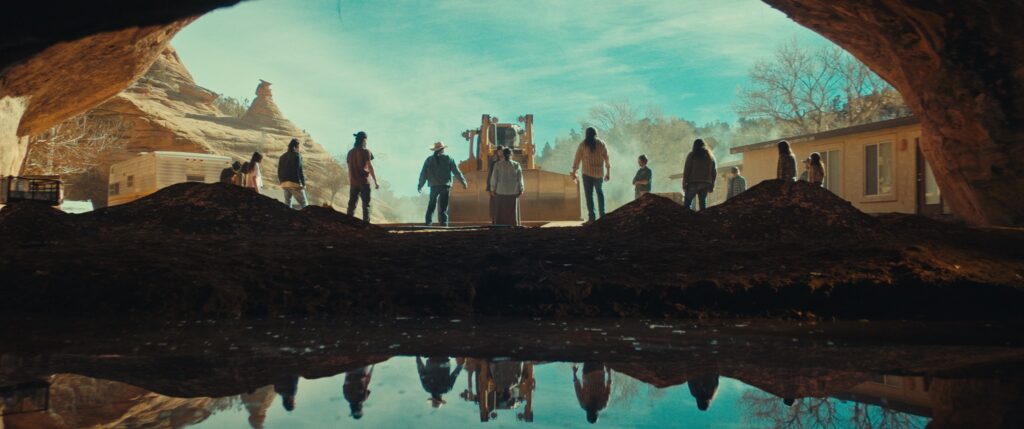
Do you personally enjoy directing, producing, or writing more?
It depends on which one I was doing last. Directing is a rush and such an important responsibility, and I love it. I also love writing, except when I’m actually doing the writing. Then, I would rather be doing pretty much anything else. But I suppose this is part of the process. Producing is great because I love making things happen. I love bringing people together and leading a team of passionate people.

The two leads, Briza Covarrubias and Allee-Sutton Hethcoat have great chemistry on-screen. Were they ever encouraged to adlib and have fun while filming, or did they stick to the script?
I agree they do! Both were so much fun to work with, and we have amazing memories from filming. A lot of intentionality goes into the script, and with this story, so many things connect, even just casual phrases from the characters, so for the most part, we stuck to the script.
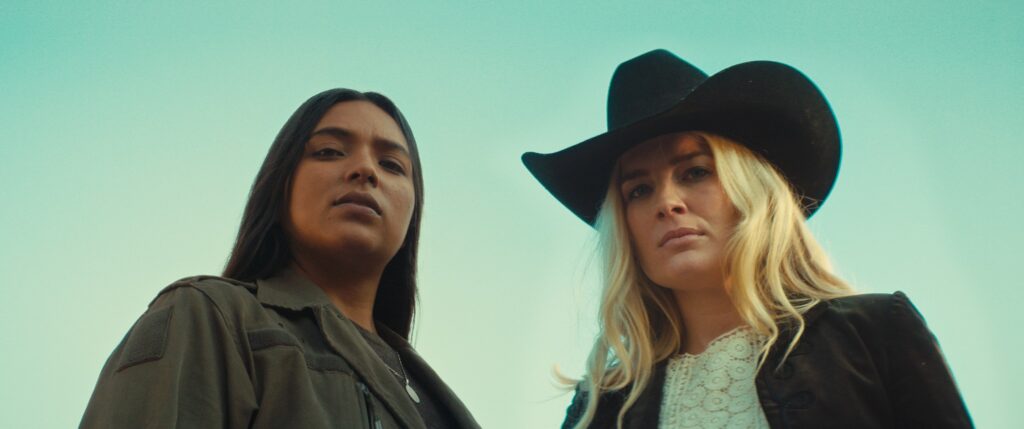
Tell me more about the film’s villain, played brilliantly by Micah Fitzgerald. How did you discover him, and at what moment did you feel he would be best suited for the role of Carl?
We had hundreds of submissions for Carl and Micah stood out because of his look and incredible voice. Carl’s character is capable of doing some extreme and awful things, and Micah has that fire in his eyes that made me think, “Yeah… he could do that.” But it all starts with the voice, and I love what Micah brought to the sound of Carl. He has experience doing voice-over work as well as having done a couple of Western things before, including an Apple commercial with Damien Chazelle, so I knew he would bring great energy to the character.

How long did it take from creating the story to completing the film The Stolen Valley?
About 2 years from writing into the Premiere at the Nashville Film Festival (where I’m from). It took another 1.5 years after that to go through a few more festivals and secure distribution.
Tell us more about the themes and the main message of this film- why are you passionate about these messages?
For me, the film is about redemption. I am passionate about telling stories that depict death and renewal, a process that is everywhere. Stories that are well told can share hope and love with the world. A line is spoken in the film, and a quote that I love: “The best criticism of the bad is the practice of the better.” I think that how American Settlers engaged with Native Americans is awful in many cases. I think the message of finding a way to “practice the better” is so important. The film is beautiful because we can look at the characters in the movie, and we can see how they chose to practice the better. Whether we agree that they did or not, it has already started a conversation in our own subconscious about that goal. Meanwhile, we have participated in a microcosm of the greater story that is happening all around us.
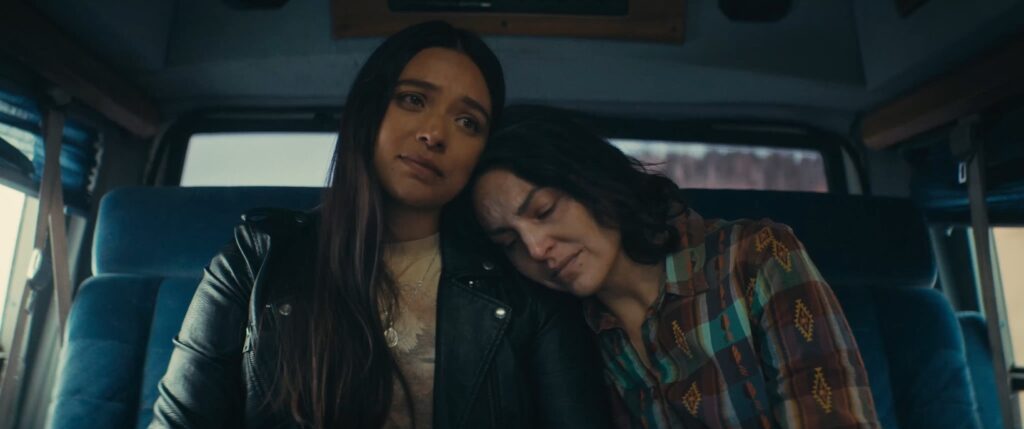
What was your favourite moment while making the film?
After the premiere of the film one of the Diné (Navajo) elders told me that being a part of this film was one of the greatest things that has ever happened to him in his life. He grew up on the reservation and still lives there today with his family. For him and his family to be so proud of the film and so touched by the whole experience is something I will never forget.
While making The Stolen Valley, what was your biggest challenge or fear?
The challenge was finishing it well. Making a movie is a long and difficult process, and this one had lots of challenges, especially filming in a remote location with a small team. One fear that comes to mind is how would the cultures represented on screen react to seeing the film when it was all done? It was a huge relief and honour when so many Diné and Latinos told me they were proud of the film and that they had fun watching it!

Do you have any upcoming projects that you can reveal? Would you like to continue making films in the thriller genre?
I have a couple projects in development I am very excited about, and I hope to announce more about them soon. I could absolutely see myself returning to the thriller genre for the right story.
As our interview ends, why should Australian and New Zealand people watch The Stolen Valley on Digital from April 17?
Well, if you’ve read this far, you should at least give it a try! What we choose to be entertained by is very important, and I think watching The Stolen Valley is worth it. The film has action and suspense all while tackling big themes and telling a story of redemption.
11th April 2024
Written by Peter Walkden
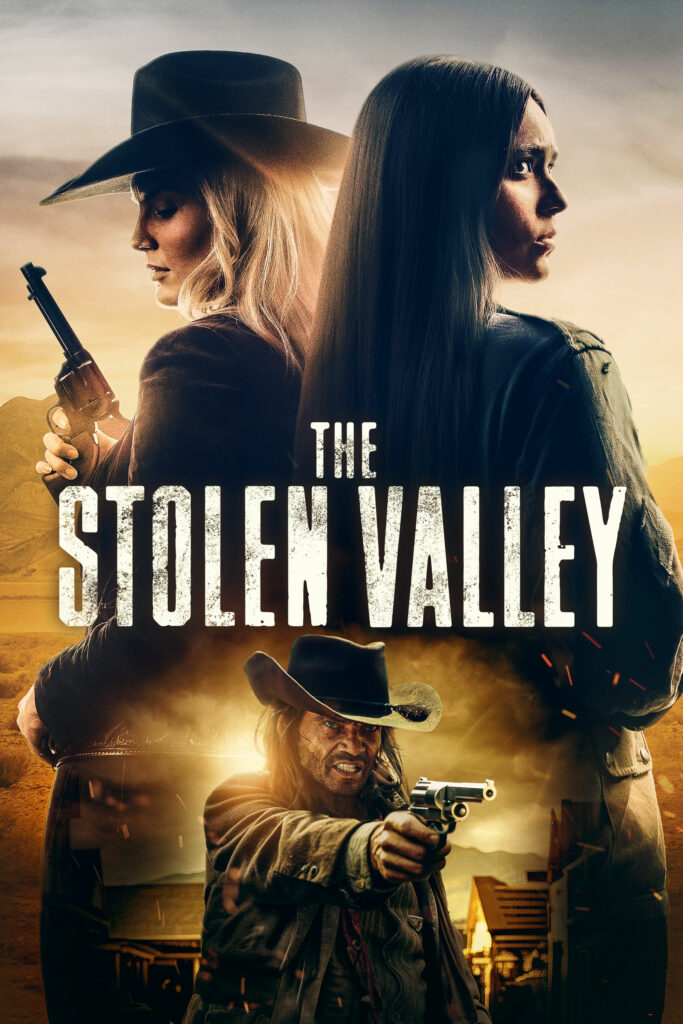

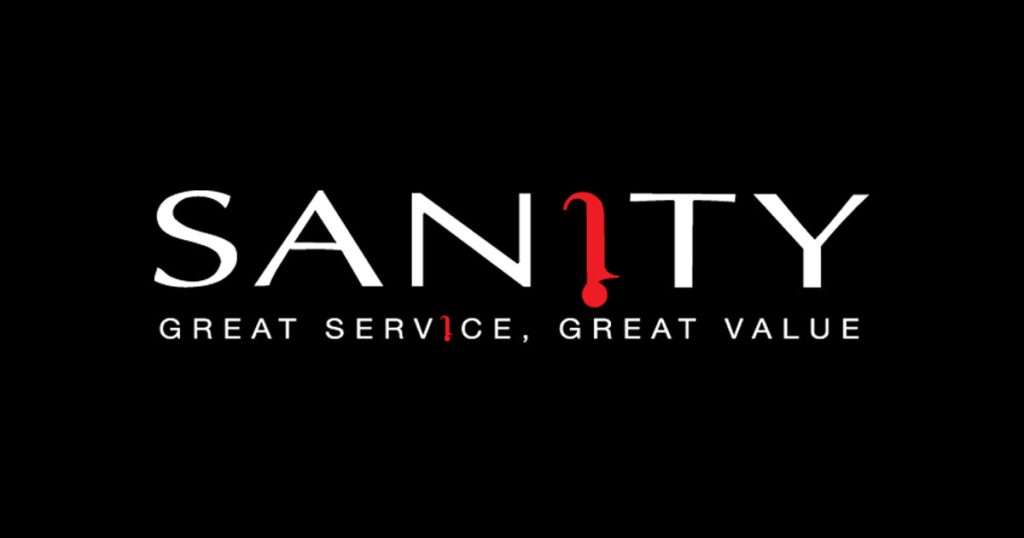
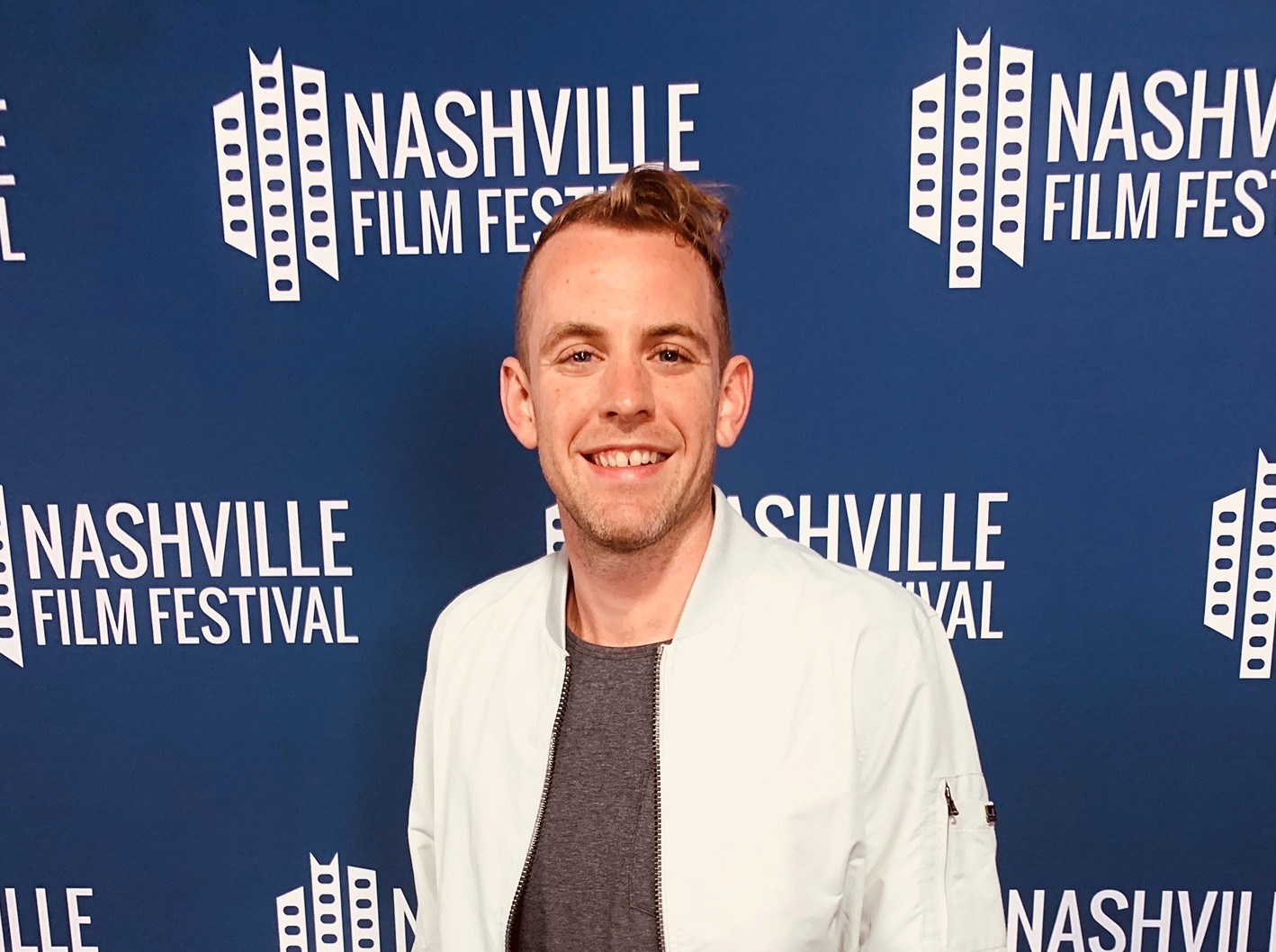
0 Comments